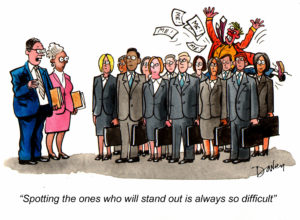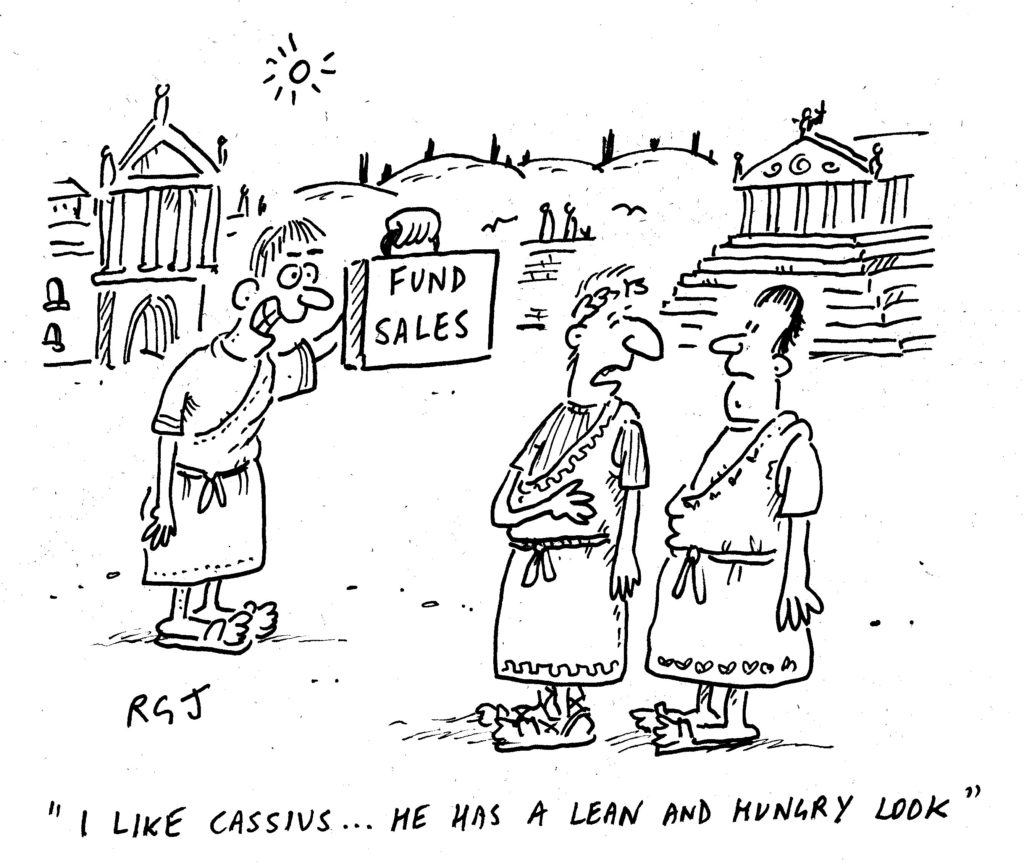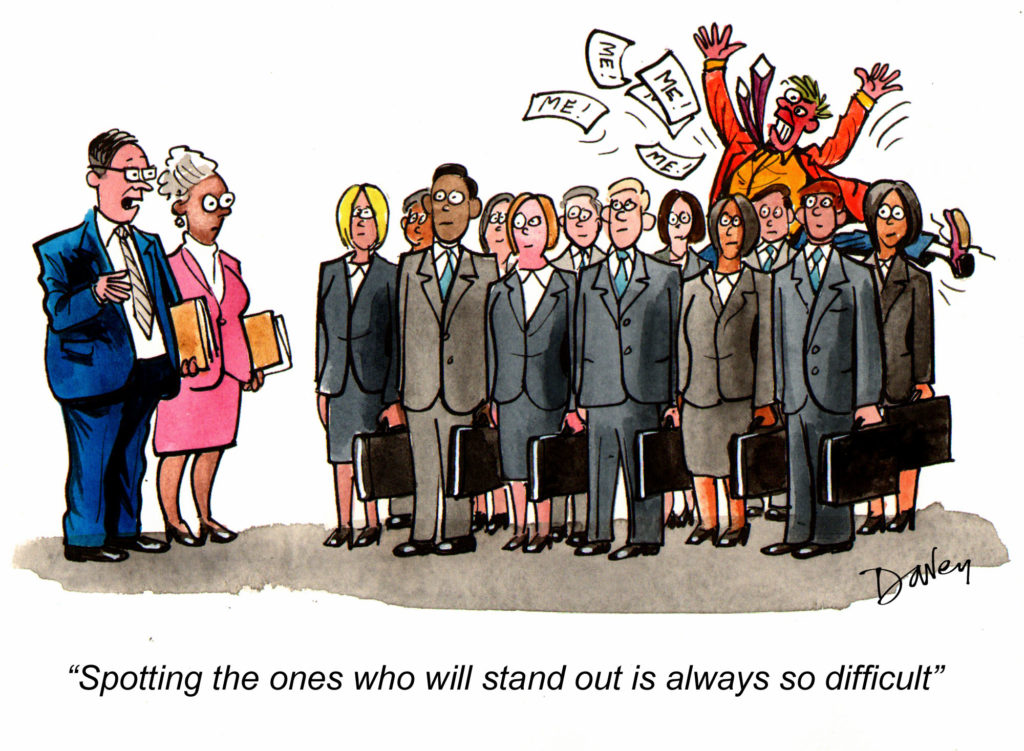
What Makes a Good Fund Salesperson?

We often speak with people looking for fund distribution jobs. We also have an equal amount of fund managers looking for good fund distributors. When a fund is looking to hire, we ask about their requirements and what level of seniority they want in a candidate. In theory, finding a good business developer should be easy. However, in practice it is a lot more difficult than one would think.
Age versus Salary
There might be some truth to the notion that younger, less experienced marketers are ‘hungrier’ because they are trying to build their career. They cost less until they prove themselves. There is also some truth in the idea that more experienced business developers are less inclined to do the dirty work, e.g. cold calls, trip planning, etc. They also tend to cost more to employ.
Although this all sounds logical, we are not sure that these assumptions provide any sound basis for recruiting a candidate. We know of many young business development professionals who aren’t very good at their job. We also know of numerous senior BDs who love to pick up the phone and are just as eager, if not more, as their junior counterparts.

Youth Doesn’t Equal Enthusiasm
I think a lot of business people look back on their career and expect everyone to be able to work as hard as they did, but it doesn’t always work like that. The fact that someone is young doesn’t mean they will desire success enough to go and get it for themselves. It’s important to give young people a break as they are beginning their career, but in the end success always lies in their hands.
So many people expect promotions to naturally occur merely by maintaining the status quo. This mentality is frustratingly unrealistic, and eventually these folks will come to learn that they need to earn the opportunity to advance. Many people will go through life with a decent career but nothing that differentiates them from everyone else. Spotting precocious talent isn’t easy.
Not only does young talent need to have the drive, but the firm that hires them must give the support necessary for them to succeed. If a fund is newly founded and the manager decides to hire a junior to start with, then the chances of succeeding will be low. Many fund managers understand only the “product side” and not the “distribution side” of the business. If the owner of the firm is the fund manager (which is usually the case), then a more experienced BD should be hired. This is because the senior BD will be aware of the challenges and drivers required for the fund to succeed. Especially in the early stages of a fund’s life, this understanding and knowledge is crucial.
Hiring Experience Doesn’t Mean You Have to Break the Bank
We have met a lot of old hands that know the asset management business really well. Most fund managers believe that these candidates are going to be a lot more expensive than a junior. While this is true on many occasions, most experienced BDs are cognisant that an ‘adjustment’ will be required when looking for new opportunities.
There are countless reasons why a BD is or isn’t successful in raising assets. They usually boil down to several main factors: the firm’s life cycle, internal politics, the personal drive of the BD, etc.

It Doesn’t Matter Who You Know
One conversation I had with a senior marketer was about an interview with a relatively new fund. A great deal of the interview was spent going through each contact the marketer knew. He believes that the fund manager came to the conclusion that he didn’t know enough people, or at least not enough people at the highest level. After speaking with other marketers, they all say that this exercise is pointless.
Talented business developers typically have about twenty good contacts. The industry constantly changes, and investors won’t buy a fund because of the BD selling it; asset raising just doesn’t work like that. Many fund managers receive early stage backing from friends and family and expect the business developer to replicate this model. There is a big difference between the people a PM knows – those who have followed them throughout their career – and the people a BD knows. The BD has professional relationships; the fund is a business and other people’s friends usually won’t be relevant contacts at this point.
As with most sales jobs, there is a careful mix of skills that need to come into play:
- Are the candidates comfortable on the phone? Since emails don’t work in this industry, the phone is really important; a good business developer spends a large part of the day on the phone. Hiding behind email should be discouraged. It is passive and hard to move anything across the line. I haven’t met any good BDs that use email exclusively.
- Do they know the mechanics of a good meeting? Good BDs know how to judge a successful meeting, hone in on the pitch, and move things down the line. How was the meeting, and was it meaningful?
- Are they good at following up? I am amazed how many BDs don’t follow up after speaking with an investor. In the asset management industry, we never really sell anything; we should be there to guide investors through the process. Each step of the process should have its own goal, all with the objective to move the investor along to the next stage in the sales process.
- Do they know the mechanics of raising assets? After every phone call and every meeting, what value is being delivered to the investor, and what goals need to be achieved?
Being a good BD is a combination of call volume, attention to detail, and a deep understanding of the product. Asset raising is a complicated exercise and requires skill. Finding a business development professional that fits the bill is crucial and having the wrong mix can stunt a company’s growth. There is no magic formula to determine if a business development professional will succeed or not. However, it is up to the firm to give the business developer as much support as possible in order to succeed. Ultimately the success of the asset management company depends on the success of the asset raising program.